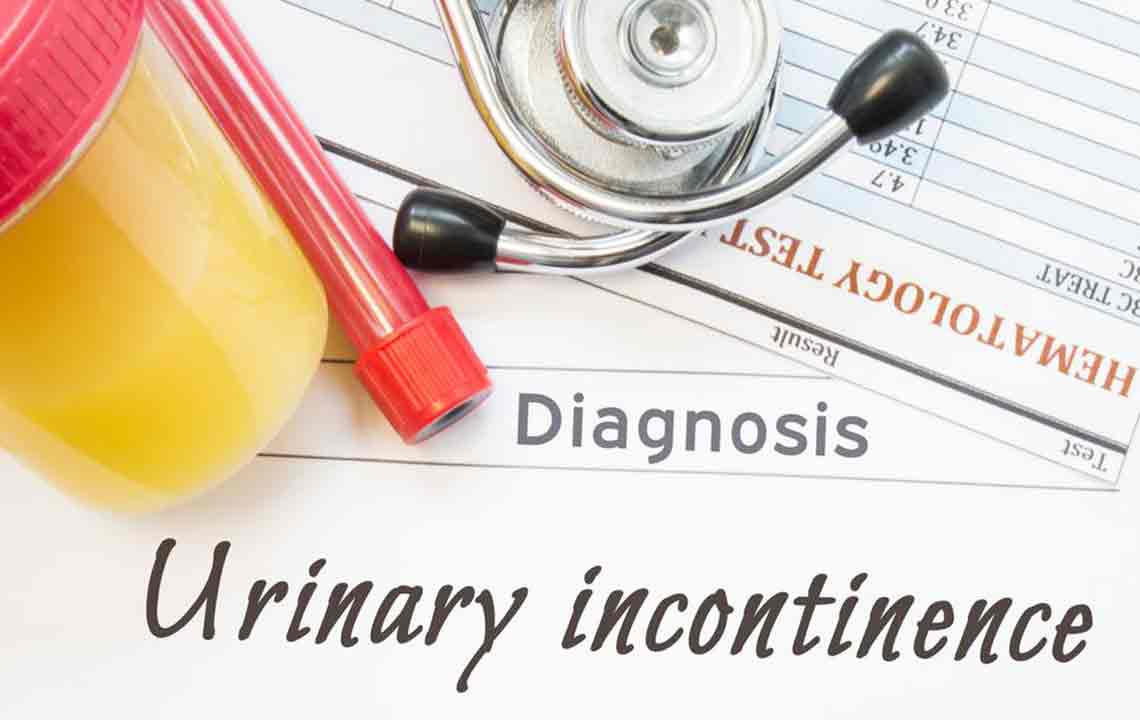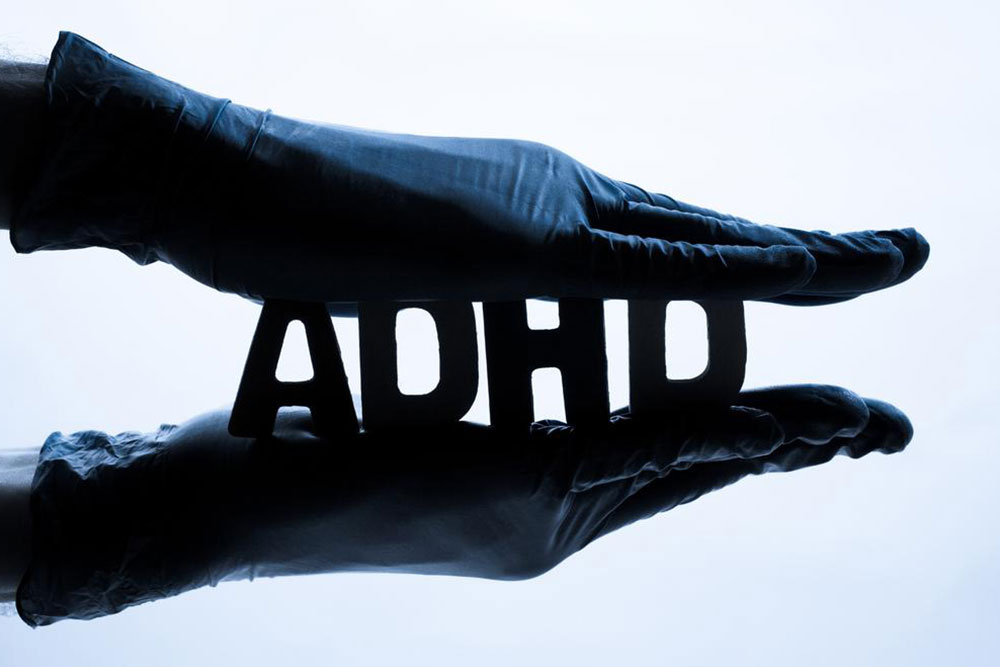Medications Used in the Management of ADD and ADHD
Discover effective medications for managing ADD and ADHD. This guide covers stimulant and non-stimulant options, their benefits, and potential side effects. Learn how these treatments help reduce symptoms and improve quality of life with medical oversight.

Medications for Managing ADD and ADHD
Attention Deficit Disorder (ADD) and Attention Deficit Hyperactivity Disorder (ADHD) impact the brain's ability to focus, affecting daily tasks, social interactions, and schoolwork. The primary distinction is that ADHD includes hyperactivity, whereas ADD does not. These conditions can affect individuals of any age, with symptoms often more intense in adults.
Modern medicine offers various FDA-approved treatments aimed at alleviating symptoms. These medications are classified into stimulants and non-stimulants, each targeting specific aspects of the disorders.
Common symptoms include inattention, hyperactivity, and impulsiveness. Stimulant medications feature:
Amphetamines: Used for ADHD treatment, available as immediate and extended release formulations, with brand names like Adderall XR, Dexedrine, and Dyanavel XR.
Methamphetamine: Related to ephedrine and amphetamine, impacting the central nervous system.
Methylphenidate: Enhances norepinephrine and dopamine reuptake in the brain, available as immediate and extended release formulations such as Ritalin, Concerta, Aptensio XR, and Daytrana.
Non-stimulant options include:
Atomoxetine: Prolongs norepinephrine activity in the brain, typically taken once daily.
Clonidine: Helps reduce hyperactivity, impulsiveness, and distractibility.
Guanfacine: Commonly used for high blood pressure in adults; also treats hyperactivity and aggression, with time-release forms approved for children.
While these medications effectively reduce symptoms over time, they may cause side effects. Often, a combination of medication and therapy provides the best management.










